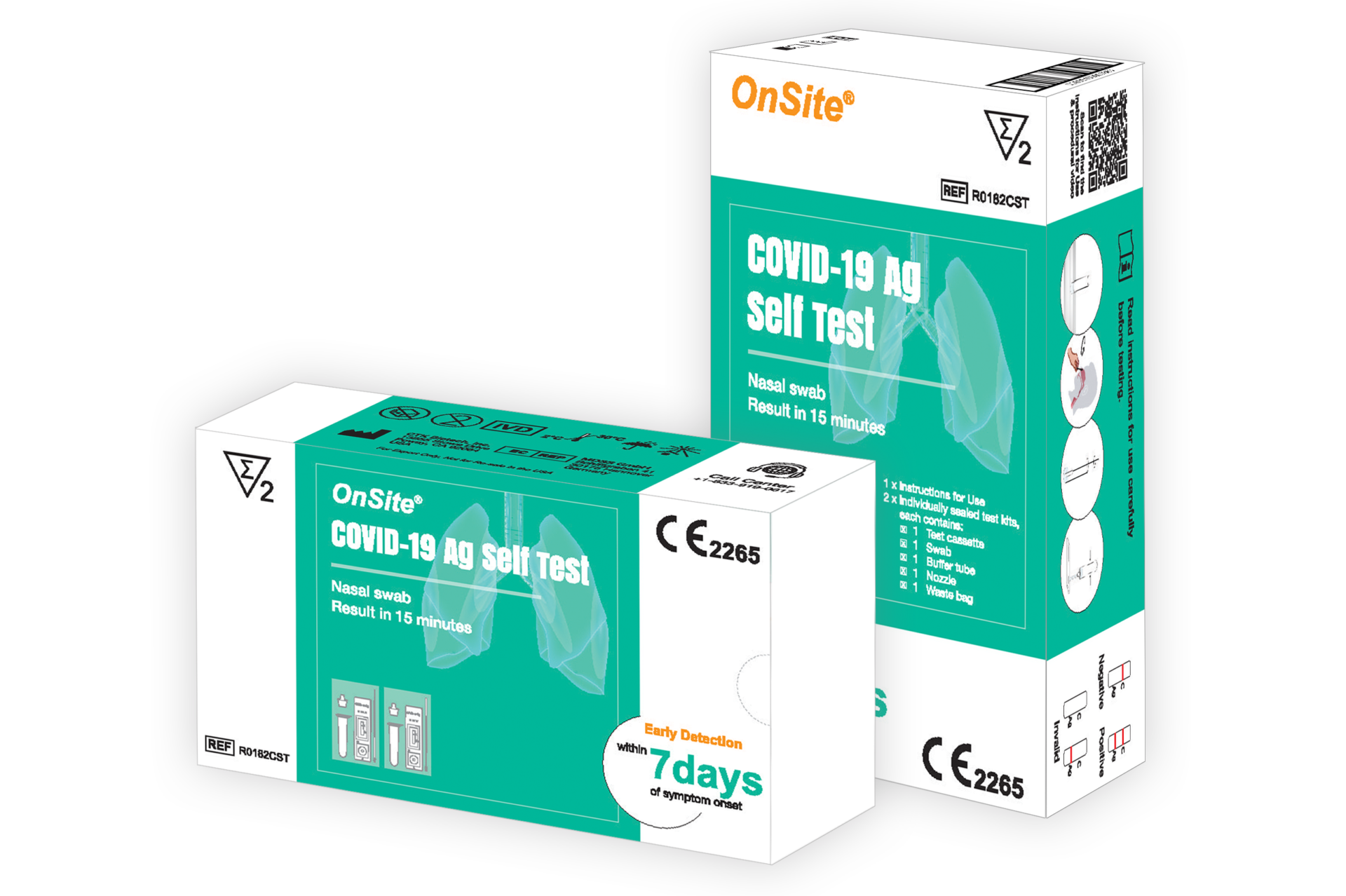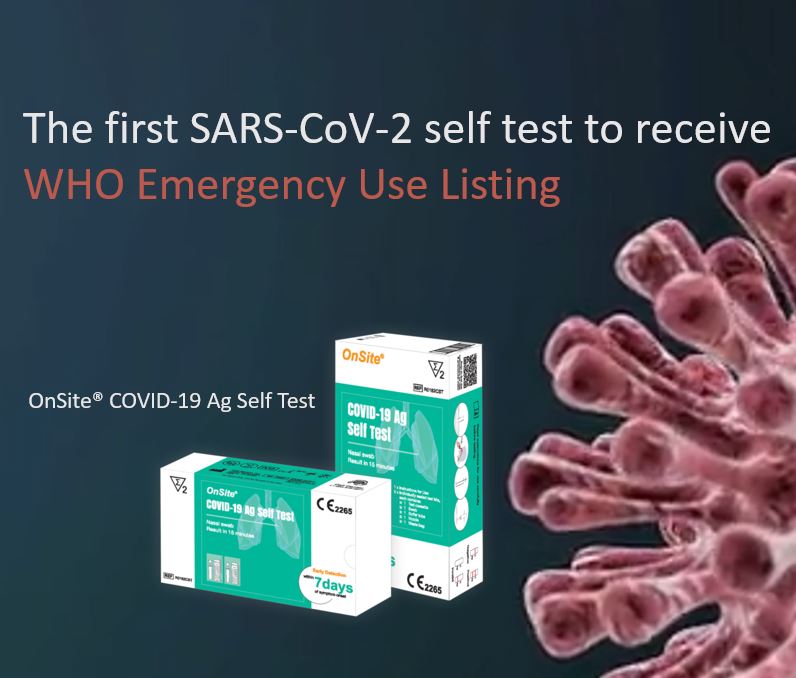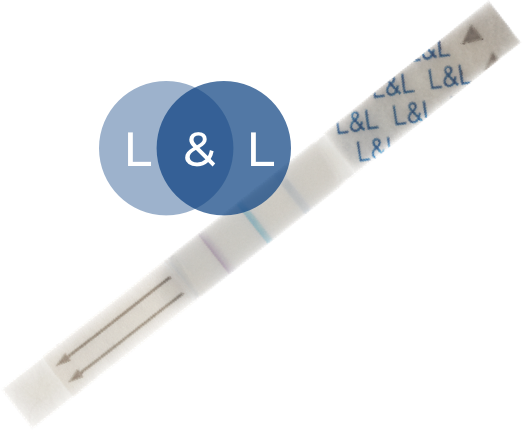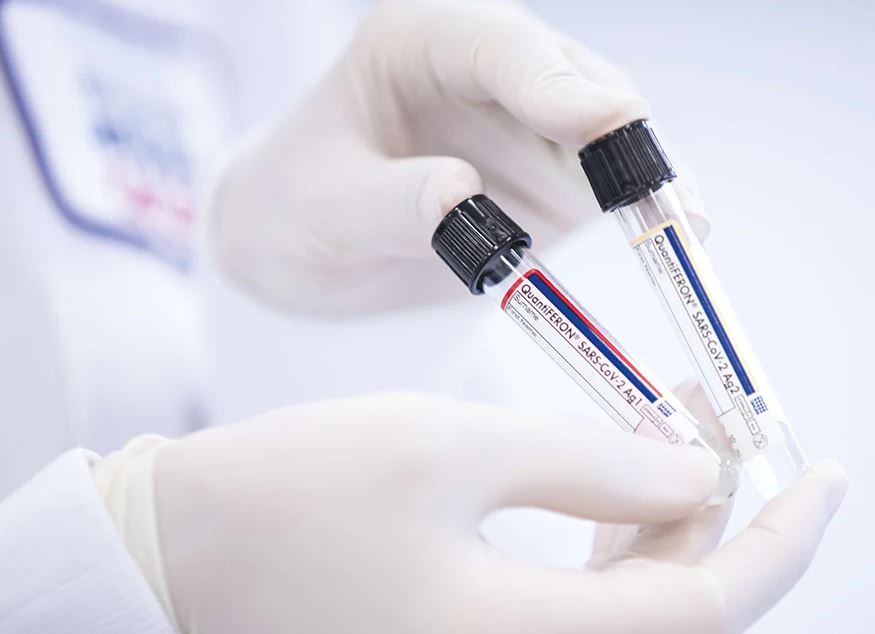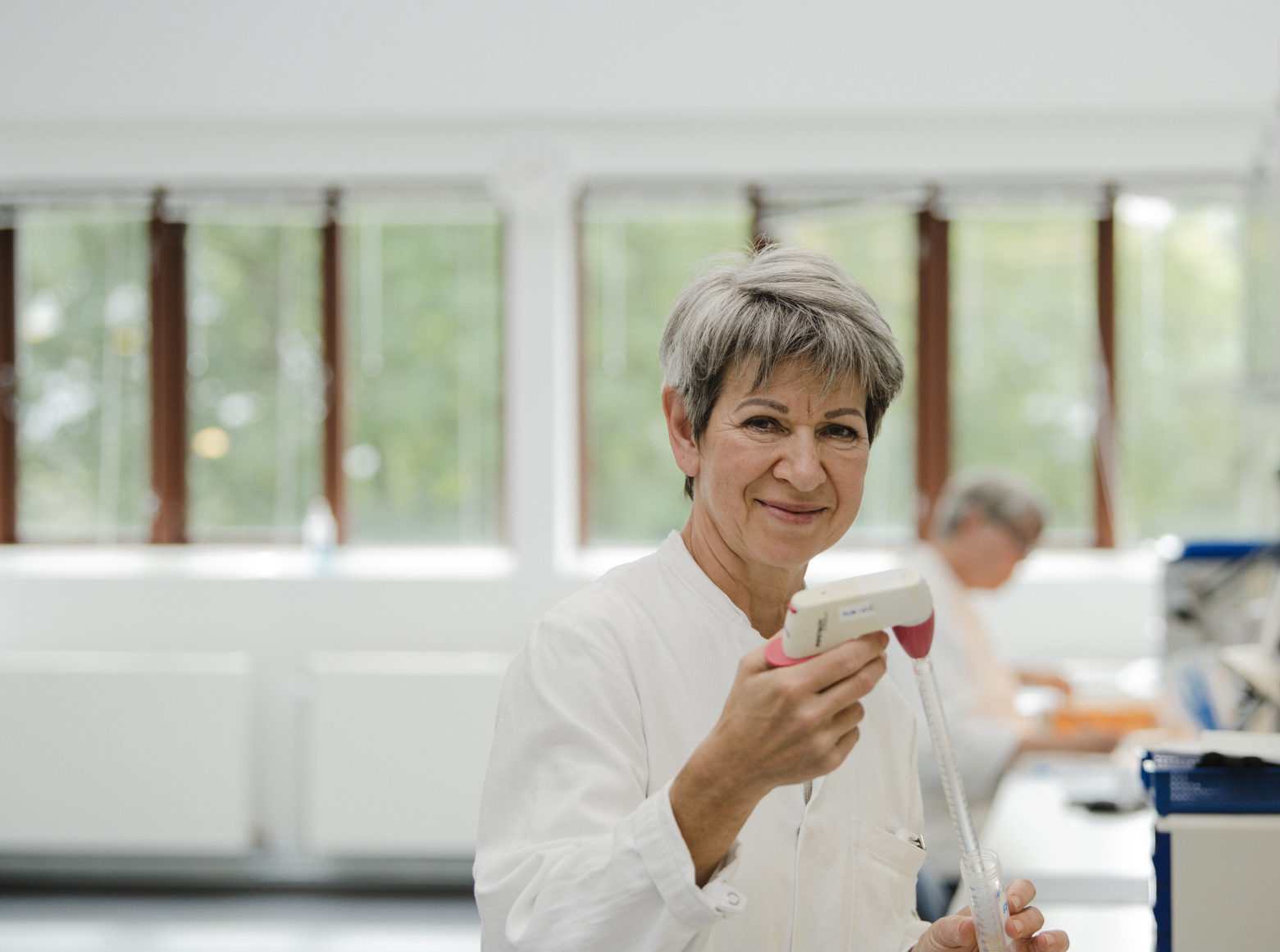

SSI Diagnostica continues strong growth journey
New acquisition in the IVD industry:
SSI Diagnostica continues strong growth journey by merging with Virginia-based TechLab
SSI Diagnostica Group (SSID), a global in-vitro diagnostics company backed by Adelis Equity Partners, has experienced significant growth in recent years based on its ability for new product innovation, expansion into international markets and strategic acquisitions. SSID’s latest transformational acquisition, announced today, is the Virginia-based firm TechLab, Inc., a leading developer and manufacturer of rapid infectious disease tests for gastrointestinal and enteric diseases. By joining forces with TechLab, SSID is broadening its infectious disease product offering and laying the foundation for accelerated growth in the US.
The importance of rapid and accurate diagnostics has become clear to everyone during the last two years. Healthcare systems have had to adapt, to handle challenges such as ageing demographics in developed countries, and the need to raise care standards in emerging markets. Increased outpatient/community care, telehealth, and patient self-testing enabled by rapid diagnostics are among others important aspects of the solution to these challenges.
The combination of SSID and TechLab, two companies known for the quality of their products, creates a diagnostics company uniquely positioned to support and benefit from these tailwinds. This is achieved by broadening SSID’s diagnostic test areas beyond respiratory and tropical diseases to also include gastrointestinal and enteric diseases. Furthermore, the combined group will have access to a truly global manufacturing and commercial footprint from which it can serve its customers and ultimately, patients.
“TechLab, CTK and SSI Diagnostica all come from a strong history of R&D excellence, enabling them to become leaders within their respective diagnostic fields. By joining forces, we strengthen our position within infectious disease testing and add unique commercial and manufacturing competencies globally, including on the important US market. Today, the SSID group helps close to 80 million patients every year with diagnostic testing solutions. The joint group will be able to help countless more,” says Søren Skjold Mogensen, CEO, SSI Diagnostica Group.
International breakthrough
SSID has grown significantly in recent years through innovation and new product development, as well as strategic M&A into key focus areas. SSID joined forces with San Diego-based CTK Biotech in 2020, significantly broadening the group’s rapid testing operations. By combining with TechLab, SSID is once again strengthening its strategic position within the global diagnostics market. The joint group will have combined annual sales exceeding USD 160 million and 650 employees in Denmark, USA, and China. The growth partner for SSID is Adelis Equity Partners, the private equity firm that has been the group’s majority
owner for more than six years. In conjunction with SSID’s acquisition of TechLab, Adelis has restructured its ownership of the group to enable support for the company for many more years to come.
“We believe rapid diagnostics and self-testing will continue to change healthcare. The restructuring of our ownership has enabled the acquisition of TechLab, but most importantly also gives the group significant capital for further acquisitions. We already sell molecular diagnostics products, so adding additional products in this segment could be an interesting expansion area. We look forward to supporting SSID for many years to come,” explains Rasmus Molander, Co-Managing Partner, Adelis Equity Partners.
A joint advantage
With the addition of TechLab, SSID will have a wide portfolio of high-quality gastrointestinal, respiratory and tropical disease tests to serve its broad network of clinical customers around the world. TechLab will enable SSID to grow quickly in the US, while SSID can accelerate TechLab’s growth in Europe, Southeast Asia and South America. The group will also invest in the expansion of the operations in Virginia, USA.
“We look forward to continued growth and investment with our new partners, SSID and Adelis Equity Partners, as we further expand the global scope of our products and the development of new technologies,” says Daniel Delaney, CEO & President, TechLab, Inc.
The new SSI Diagnostica Group:
• Experts in rapid infectious disease diagnostics (respiratory, gastrointestinal, tropical, etc.)
• Global presence with a strong US commercial platform, besides a strong presence in Europe, South America and Southeast Asia
• Global manufacturing footprint, including the US, Denmark and China
• Capital available for significant further acquisitions
• Combined sales of USD 160 million
_________________________________________________________________________________
For further information or interview requests please contact:
Emilie Roepstorff, Kompas Kommunikation
+45 23241305/emilieroep@kompas.dk
_________________________________________________________________________________
About SSI Diagnostica Group
SSI Diagnostica was independently established in 1998, before which it was part of the Danish Statens Serum Institut, founded in 1902. SSI Diagnostica is now one of the leading innovation, production, and distribution companies within in-vitro diagnostic products. In 2020, the company significantly expanded its rapid testing business by acquiring CTK Biotech, based in San Diego. The company has an ambition and strategic plan to continue its international expansion within its four business areas: 1. Disease Prevention, 2. Rapid Screening, 3. Precision Testing and 4. Microbiology Lab Solutions.
About TechLab, Inc.
TechLab®, Inc. is a full-service innovator and manufacturer of infectious disease tests, including market leading assays for gastrointestinal and enteric diseases. Founded in 1989, TechLab is a leading developer and manufacturer of diagnostic products. The company has a portfolio of diagnostic tests for infectious disease and intestinal inflammation. TechLab also performs in-vitro diagnostic and life science contract manufacturing services. TechLab is headquartered in Blacksburg, Virginia and manufactures its diagnostic products in the US at its state-of-the-art manufacturing facility in Radford, Virginia. For more information, please visit www.techlab.com.
About Adelis Equity Partners
Adelis is a partner for well-positioned, growth-focused companies. Adelis partners with management and/or owners to build businesses in growth segments and with strong market positions. Since raising its first fund in 2013, Adelis has been one of the most active investors in the Nordic middle-market, making 35 platform investments and more than 150 add-on acquisitions. Adelis currently manages approximately EUR 2.5 billion in capital. For more information, please visit www.adelisequity.com.





